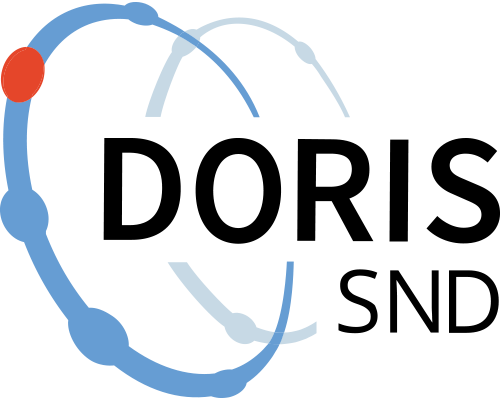ISSP 2007 - Leisure time and Sports I: Sweden
https://doi.org/10.5878/002394
This survey is the Swedish part of the 2007 ´International Social Survey Program´ (ISSP), and it is the first ISSP-survey focusing on leisure time and sports. The survey deals with the meaning of time and leisure, and its relation to work and other spheres of life.
The respondents were asked about the frequency of leisure activities in their free time and the main purpose of their free time activities. Furthermore they were asked about their enjoyment from reading books, getting together with friends, taking part in physical activities, and watching TV or DVDs. They were also asked about their motivation for leisure time activities, such as establishing useful contacts, relaxing, or developing skills in free time. Other questions dealt with the frequency of feeling bored, feeling rushed, and thinking about work during free time. The respondents were also asked if they prefered to share their leisure time with other people or being alone; if they wished to have more time in a paid job, more time doing household work, more time with family, and/or more time in leisure activities. They were also asked about the number of nights they stayed away from home for holiday or social visits, as well as the number of days of leave from work during the last twelve months. A number of questions dealt with most frequent exercises or physical activity; preferred type of games rather than sports; and most important reasons for taking part in sports or games, such as physical or mental health, meeting other people, competing against others or physical attractiveness. The respondents were also asked about most frequently watched sport on TV; feeling of national pride when Sweden does well at international sports or games competition; and attitudes towards sport. A number of questions dealt with the respondent's social and political participation; trust in people; interest in politics; perception of happiness; and estimation of personal health. Respondents also have to state reasons for staying away from free time activities: such as lack of facilities nearby, lack of money and time, personal health or responsibility to take care of someone. Socio-economic background information include: employment status; weekly working hours; occupation; employee or self-employed; supervisory function; work in private or public sector; trade union membership; education; years in school; income; marital status; spouse's employment status, occupation and socio-economic classification; spouse employed or self-employed; household income; household composition; party preference; self-classification of social class; religious affiliation and church attendance; gender; age; Swedish or other citizenship.
Purpose:
ISSP aims to design and implement internationally comparable attitude surveys. The study in 2007 investigating the Leisure and Sports.
Data files
Data files
Documentation files
Documentation files
Citation and access
Citation and access
Data access level:
Creator/Principal investigator(s):
- Jonas Edlund - Umeå University - Department of Sociology
- Stefan Svallfors - Umeå University - Department of Sociology
Research principal:
Data contains personal data:
No
Citation:
Language:
Method and outcome
Method and outcome
Data collection - Self-administered questionnaire: Paper
Data collection - Self-administered questionnaire: Paper
Geographic coverage
Geographic coverage
Administrative information
Administrative information
Topic and keywords
Topic and keywords
Relations
Relations
Versions
Versions
Metadata
Metadata
Versions
Versions
